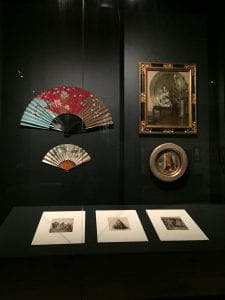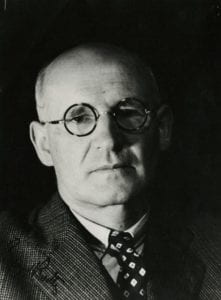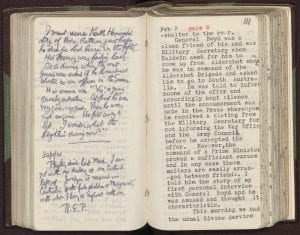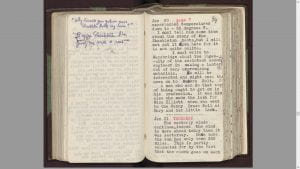Last days to see Japonisme exhibition
The National Gallery of Victoria’s current exhibition Japonisme: Japan and the Birth of Modern Art (closing on 28th October) explores and showcases the influence of Japanese art in the West, with displays of art from England, Paris, the United States and even Australia.




